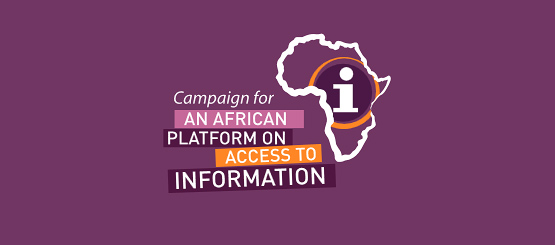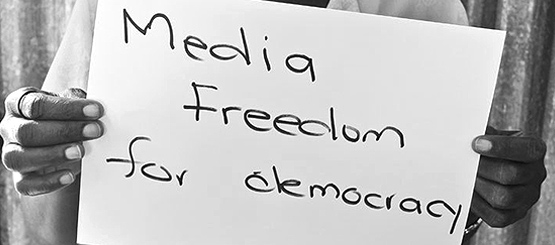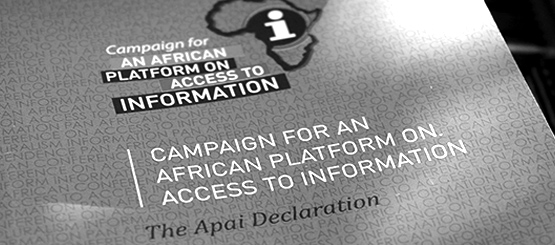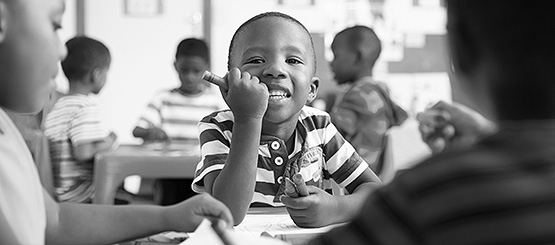The United Nations General Assembly Proclaims 28th September as the International Day for Universal Access to Information
18. October 2019 - MISA
Pounding Pavements, Knocking on Doors – a campaign for access to information in Africa
This is the story of the journey taken by African civil society actors and governments to guarantee access to information is recognised as a fundamental human right and commemorated as the International Day of Universal Access to Information on 28 September.
It also contains stories of challenges and successes in seeing that right recognised.

The Working Group (WG) of the campaign for an African Platform on Access to Information (APAI) is a network of civil society organisations that are working on the promotion of access to information in Africa.

The APAI Declaration lists a number of key principles intended to advance the right to access to information in all its dimensions, nationally, regionally, and internationally...

The African Platform on Access to Information (APAI) Declaration was adopted at the Pan African Conference on Access to Information (PACAI) on 19 September 2011,...

"Information is power. People have to realise that without information they will never be able to better their lives."
Adv. Pansy Tlakula